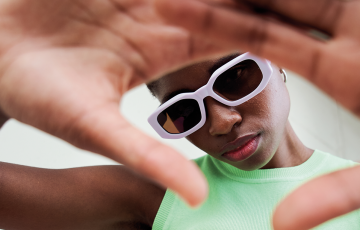South African women shaping the future of space exploration
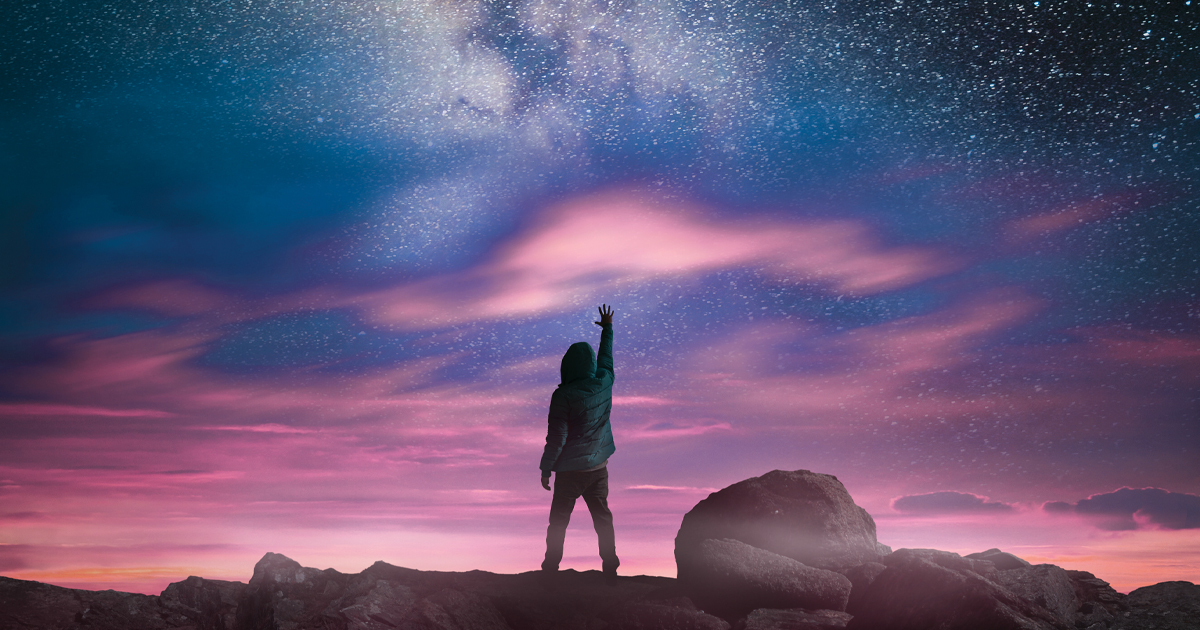
Meet two proudly South African female pioneers who are shaping the future of space exploration for the continent – and humankind.
The history of space exploration is full of famous men – think Russia’s Yuri Gagarin, America’s Buzz Aldrin and Neil Armstrong, and China’s Yang Liwei. In South Africa we have Elon Musk to be proud of. But what of women space explorers? Thanks to science and technology, a new generation of women is inspiring others to aim for the stars – literally. These two women are proving that the sky is not the limit.
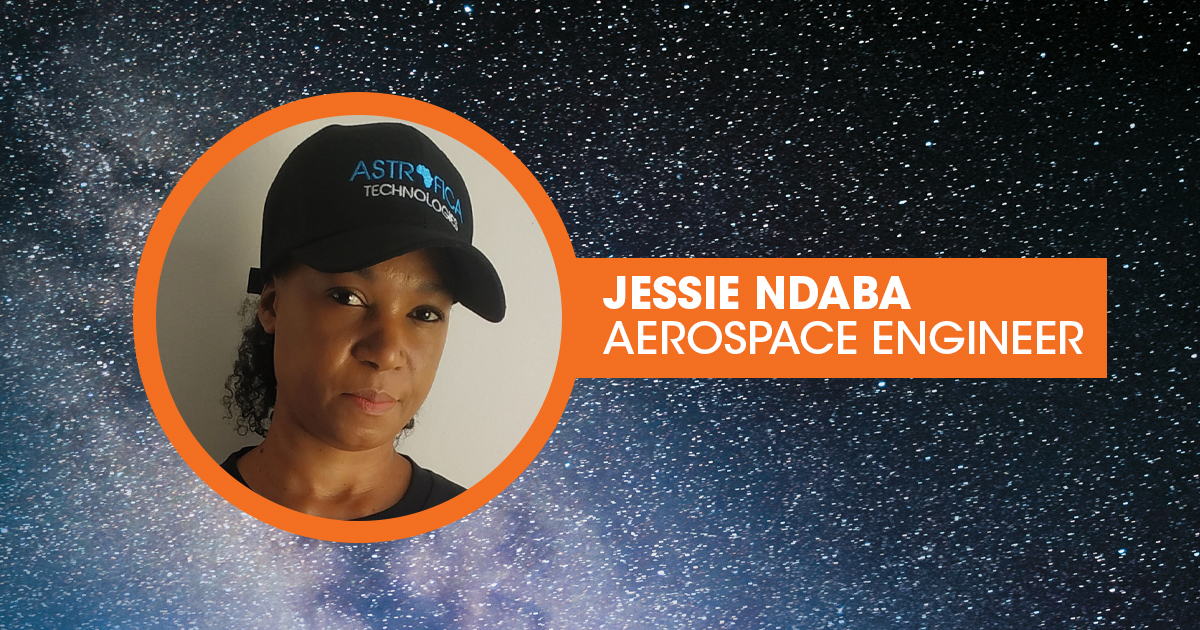
“I decided I will not retire until kids in Africa, even in the most remote areas, can access good health and education. The best way of achieving that is through space because space sees no boundaries.” JESSIE NDABA: AEROSPACE ENGINEER
‘EYES IN THE SKY’
As a child, aerospace engineer Jessie Ndaba took faulty appliances apart to fix them. In her early teens, poring over one of the textbooks bought by the grandmother who raised her, she saw a diagram of a space rocket. Her imagination soared and her mind was set. ‘I immediately knew what I wanted to be,’ she says. After obtaining her electrical engineering degree from Wits University, she joined an internship programme. This was run jointly by what was then the Department of Science and Technology, Stellenbosch University and SunSpace. It was the programme that built the SumbandilaSat, a micro earth observation satellite launched in 2009 (the first part of its name is from the Venda word meaning ‘lead the way’).
ASTROFICA
During her internship, in 2006, Ndaba met Khalid Manjoo, a satellite engineer. They went on to become business partners and launched a space start-up, Astrofica (from ‘astronomy’ + ‘Africa’), in 2018, that makes and tests satellite systems for international and local clients, focusing on how these ‘eyes in the sky’ can address Africa’s socioeconomic challenges.
In 2020, Astrofica, with industry partners, launched an internship programme aimed at preparing youth for the emerging space sector. ‘The benefits of space tech are endless,’ says Ndaba. It is used daily in security, weather forecasting, banking and disaster management.
HOUSING & FOOD SECURITY
Ndaba was awarded a spot at the International Space University in Australia, where she realised how space technology can help the continent. ‘With space tech we can tick all the Sustainable Development Goals boxes, from poverty alleviation to employment and economic growth,’ she says. ‘I decided I will not retire until kids in Africa, even in the most remote areas, can access good health and education. The best way of achieving that is through space because space sees no boundaries.’
Satellite imagery is even used to assess land quality for housing. ‘A lot of government-built houses have developed cracks after a few years because the ground used wasn’t good enough,’ says Ndaba. Space tech is also a valuable tool in developing food security.
For Africa to claim a stake in space, we need more women involved. Ndaba says parents and educators should encourage girls to enter STEM fields (science, technology, engineering and mathematics) by making these subjects fun and accessible. ‘To every woman aspiring towards a career in space – we need you!’ she says.
She’s passionate about giving remote African children access to good health and education. ‘My dream is to have a constellation for tele-health and tele-education. And to own a passenger satellite, because many people aspire to go to space these days,’ she says.
Related article: Women that inspire is this International Women’s Day
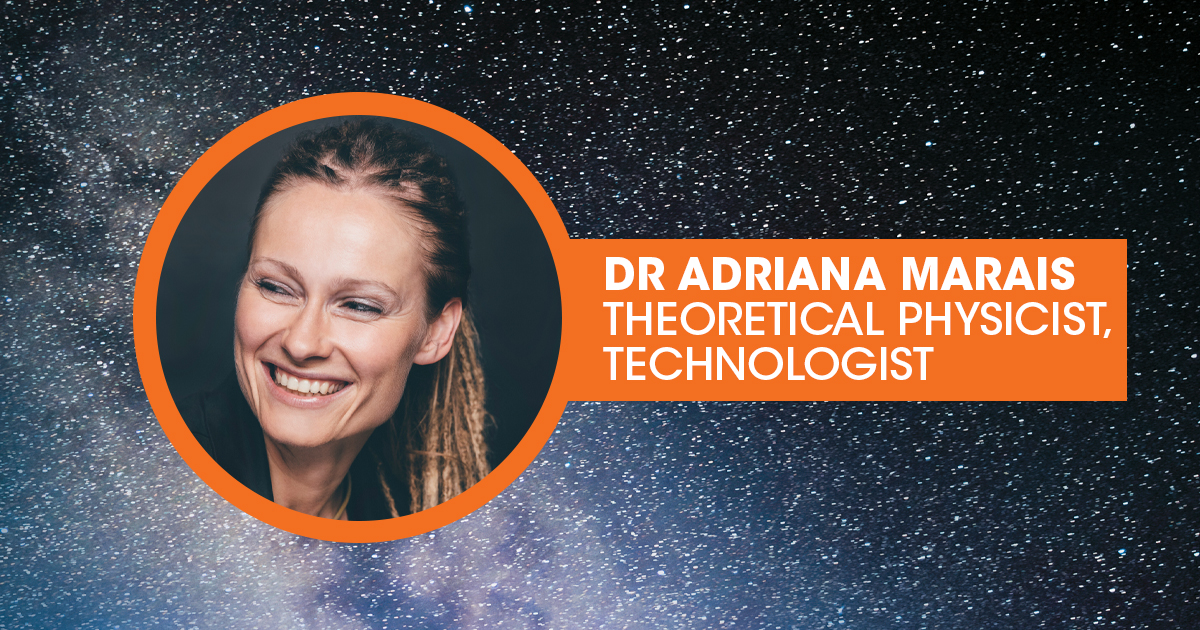
‘SEE YOU ON MARS!’
Dr Adriana Marais, a theoretical physicist, technologist and advocate for off-world exploration, embodies curiosity, courage, commitment and compassion. Marais dreamed of being an astronaut as a child. She studied Theoretical Physics at the University of Cape Town, and earned her MSC in Quantum Cryptography and PhD in Quantum Biology from the University of KwaZulu-Natal. She’s also studying for a second PhD, on the economics of living in extreme environments.
LIFE ON MARS…
She was one of the top 100 contestants in the Mars One project, which was aimed at establishing a permanent human settlement on Mars. Not many people are brave enough to take a one-way ticket to an inhospitable planet far away from everything familiar, but Marais was more than willing, and eager. While Mars One went bankrupt, she hasn’t shelved her goal of getting to Mars. Her vision is sky-high, but her commitment is firmly grounded on Earth.
“The harsh environment beyond Earth can teach us lessons for sustainability here.”
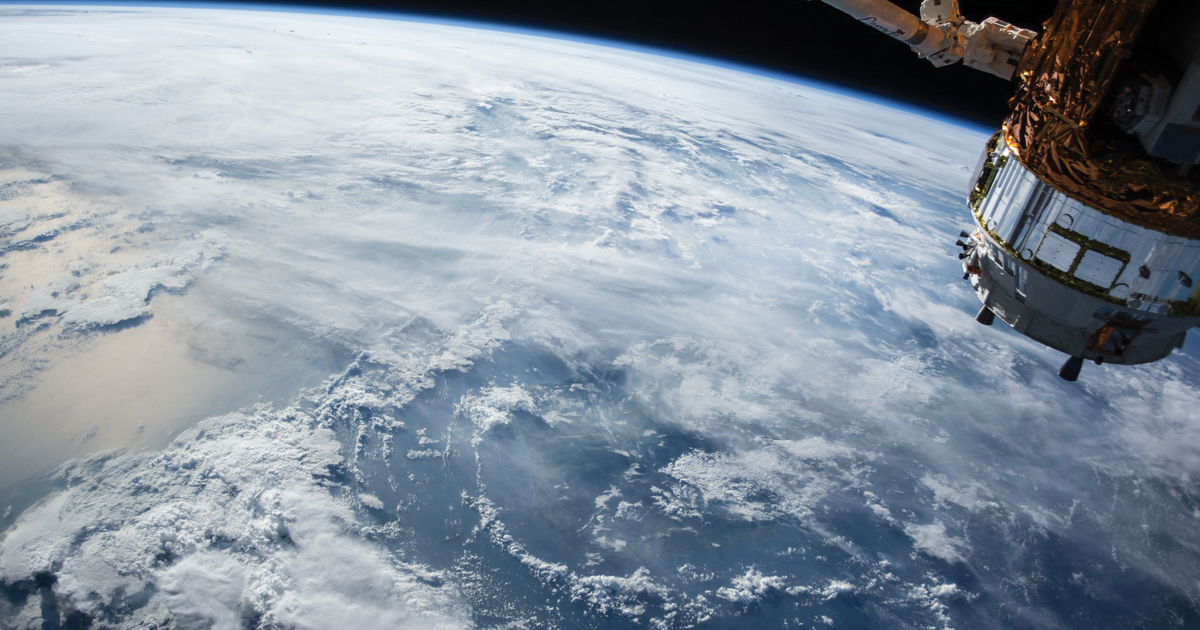
PROUDLY HUMAN
In 2019 she founded Proudly Human, that runs months-long habitation experiments in extreme environments (the cold Antarctic, the hot desert, an isolated submarine) to research surviving on other planets – and in harsh conditions here.
‘We need to balance ambitious goals, like the first human communities on the Moon and Mars, with finding solutions for people living in harsh conditions here,’ she explains. ‘Managing our resources wisely will be critical to our survival, wherever we are. The harsh environment beyond Earth can teach us lessons for sustainability here.’
Citing examples of how space exploration can help us live more sustainably, Marais mentions developments in solar power, water filtration, waste management, LED lights for indoor agriculture, 3D printing and communication systems – all innovations that have resulted from having astronauts on the International Space Station.
Marais isn’t impressed by limiting labels like ‘woman in science’. Proudly Human’s habitation teams aim to be 50/50 male-female. ‘We need to work hard as a society to stop categorising people based on gender, race, religion, background or culture,’ she says.
DID YOU KNOW?
The footprints left on the Moon by the Apollo astronauts who landed there in 1969 will be there for millions of years. The Moon has no atmosphere, so there’s no wind or water to wash away their footprints.
Related article: A designer making a difference for the visually impaired
AFRICA2MOON
She believes space exploration can get kids interested in STEM subjects, so she talks at schools often. She’s also the Director of the Foundation for Space Development, whose Africa2Moon mission will send microsatellites into lunar orbit, transmitting data into classrooms across Africa. ‘There’s never been a more exciting time to get involved in space,’ says Marais. ‘To all the young women and men who are excited to take part, I’ll see you on Mars!’
Related articles

Latest Jet club magazine
We’ve got the latest trends, exciting prizes and exclusive savings just for you!
Jet Club will not pass your details to anyone else. By clicking the subscribe button you confirm you have read and agree to the Jet Club Terms and conditions and Jet Club Privacy Statement.
Subscribe
